The era of big data has revolutionized how organizations manage, store, and analyze vast amounts of information. Traditional relational databases, while robust, often struggle to meet the demands of scalability, flexibility, and performance required for handling big data workloads.
Enter NoSQL databases—a class of databases designed to overcome these challenges by offering distributed architectures, schema-less designs, and support for unstructured or semi-structured data. Here, we delve into the best NoSQL databases that excel in handling big data.
- MongoDB
- Apache Cassandra
- Redis
- Amazon DynamoDB
- Couchbase
- Elasticsearch
- Neo4j
- HBase
1. MongoDB
MongoDB is a widely recognized NoSQL database known for its document-oriented model and flexibility. It stores data in BSON format, making it particularly suitable for semi-structured or unstructured data. Developers benefit from its dynamic schema, which allows data structures to evolve without downtime.
With support for horizontal scaling through sharding and a rich query language, MongoDB is frequently used in content management systems, real-time analytics, and Internet of Things (IoT) applications. Its robust tools for monitoring, backups, and security make it a comprehensive choice for many use cases.
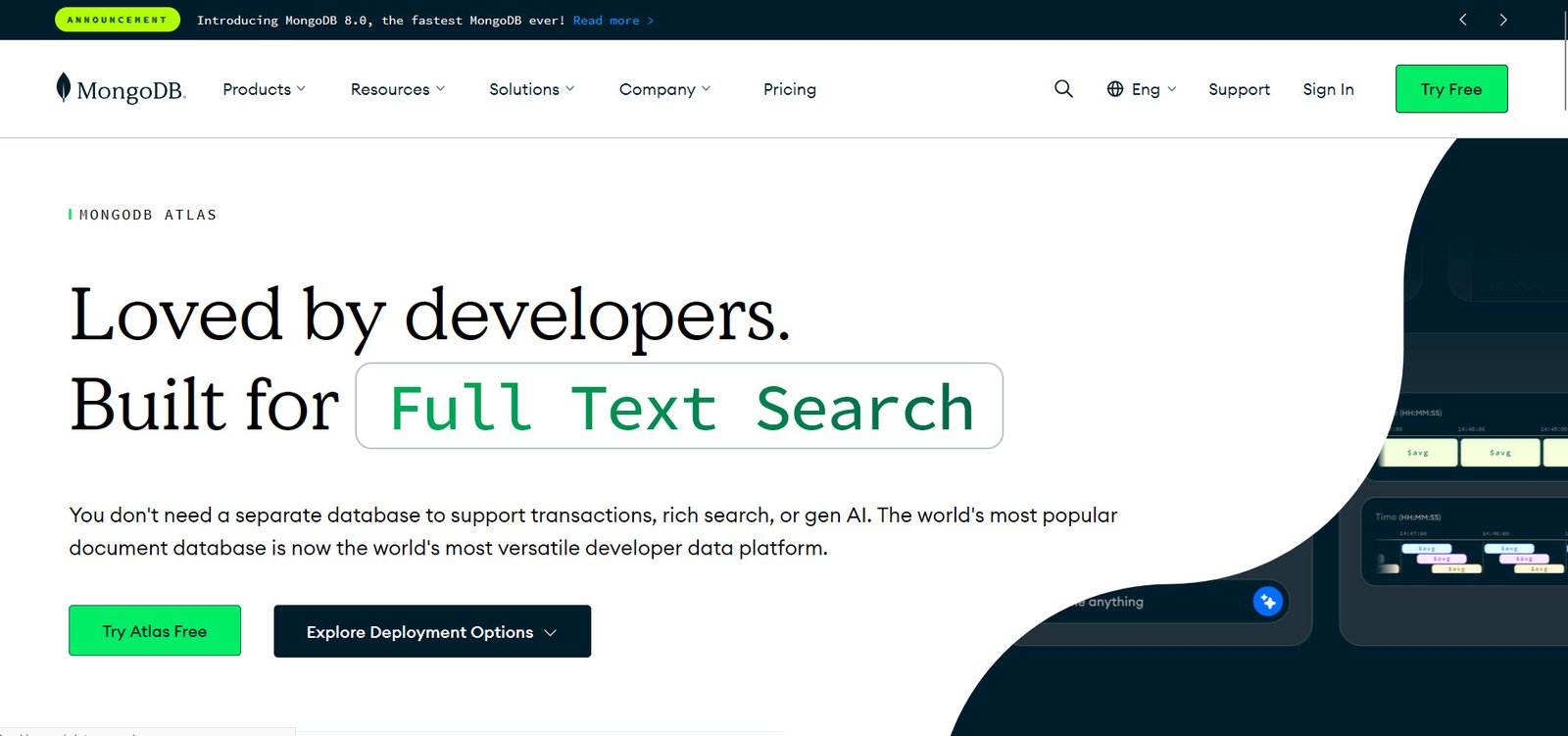
2. Apache Cassandra
Apache Cassandra is a distributed database designed to handle massive amounts of data across multiple servers. Its decentralized architecture eliminates single points of failure, and its linear scalability ensures performance improvements as new nodes are added.
The database’s tunable consistency model allows users to balance between consistency and availability based on specific application requirements. Common use cases for Cassandra include fraud detection, log aggregation, and time-series data storage, making it a favorite for mission-critical applications.
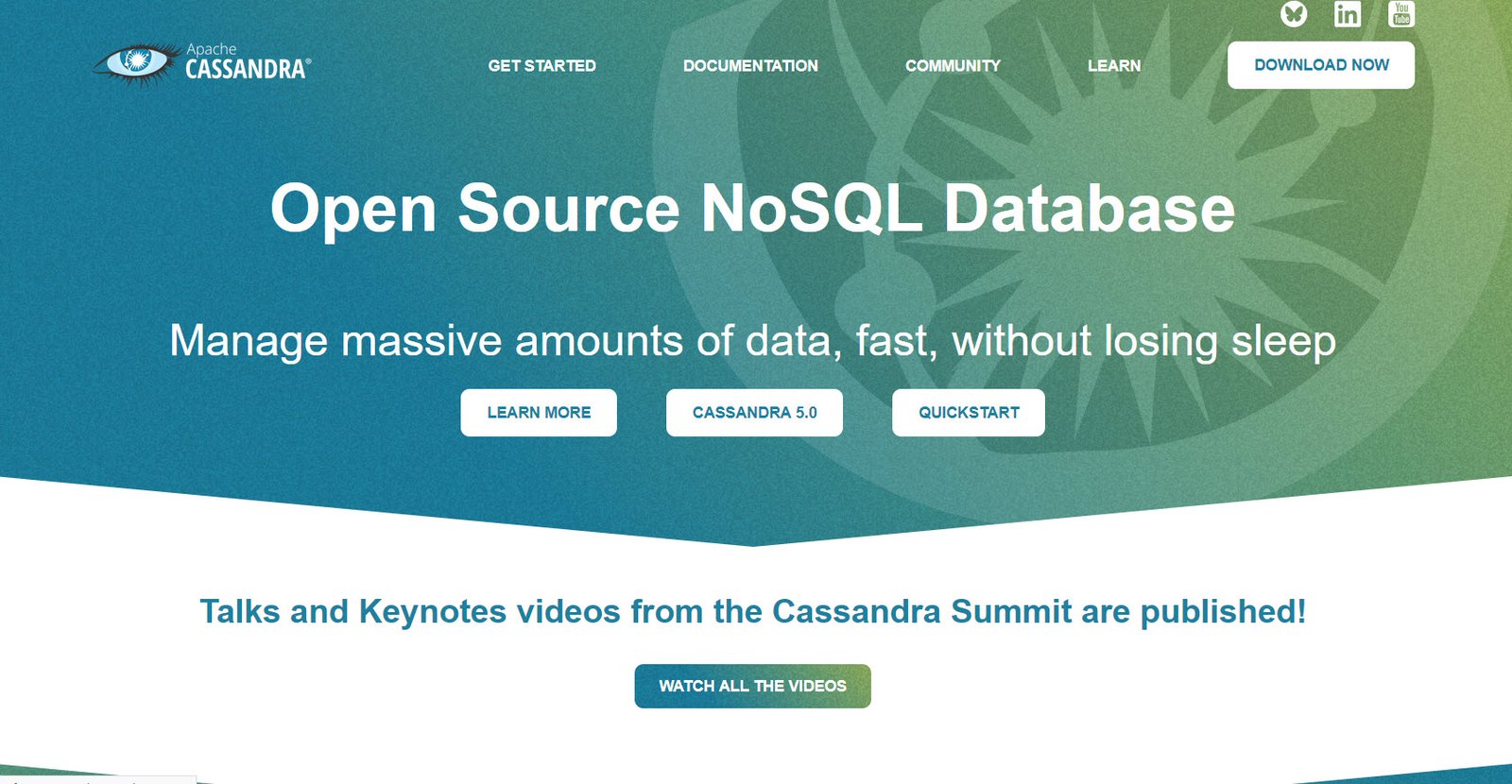
3. Redis
Redis stands out as an in-memory data structure store capable of serving as a database, cache, and message broker. Known for its exceptional performance, it handles millions of requests per second while supporting a variety of versatile data structures such as strings, hashes, and lists.
Redis also offers persistence options and real-time messaging capabilities, making it ideal for session storage, leaderboards, and caching layers.
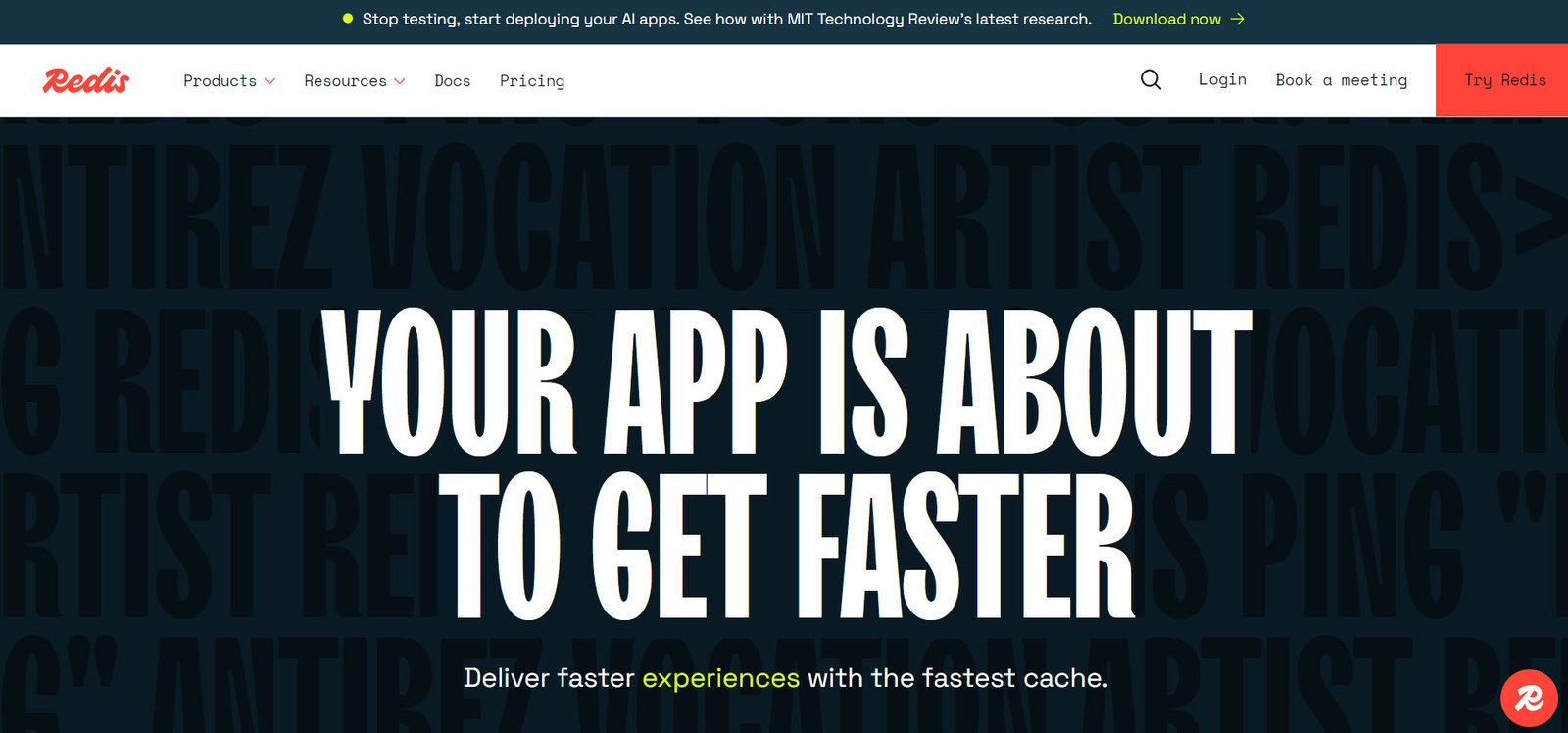
4. Amazon DynamoDB
Amazon DynamoDB is a fully managed NoSQL database service provided by AWS, known for its high availability and durability. Its serverless architecture automatically scales to meet workload demands, while its global tables feature enables multi-region replication.
DynamoDB integrates seamlessly with AWS Lambda for event-driven programming, making it a popular choice for e-commerce systems, gaming leaderboards, and mobile applications that require low-latency performance under heavy workloads.
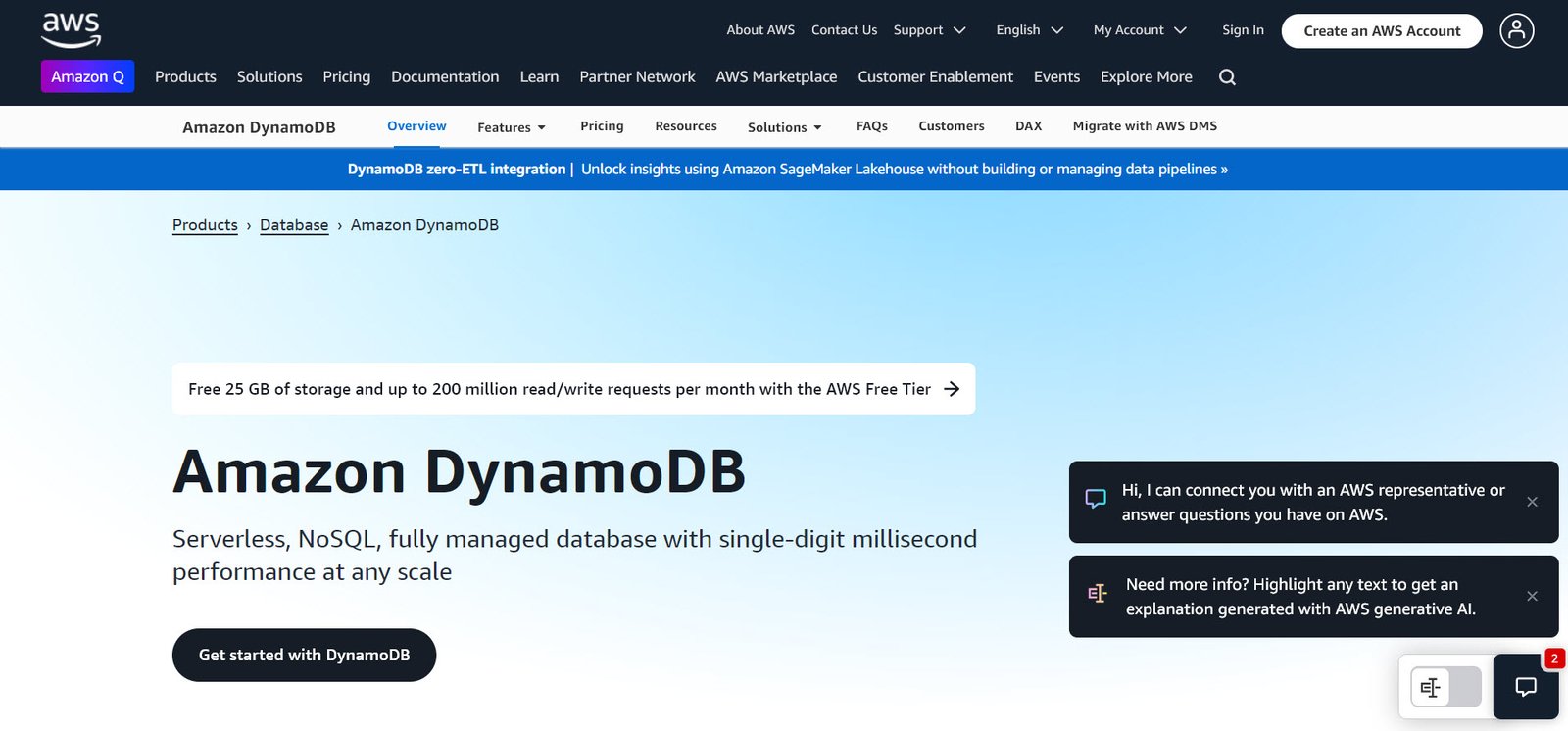
5. Couchbase
Couchbase combines the features of a key-value store and a document database, delivering low latency and high throughput. Its memory-first architecture enhances read and write operations,
while its N1QL query language allows for SQL-like querying of JSON data. Couchbase is frequently used in mobile and web applications, real-time data synchronization, and customer 360 applications due to its support for cross-datacenter replication and offline-first solutions.
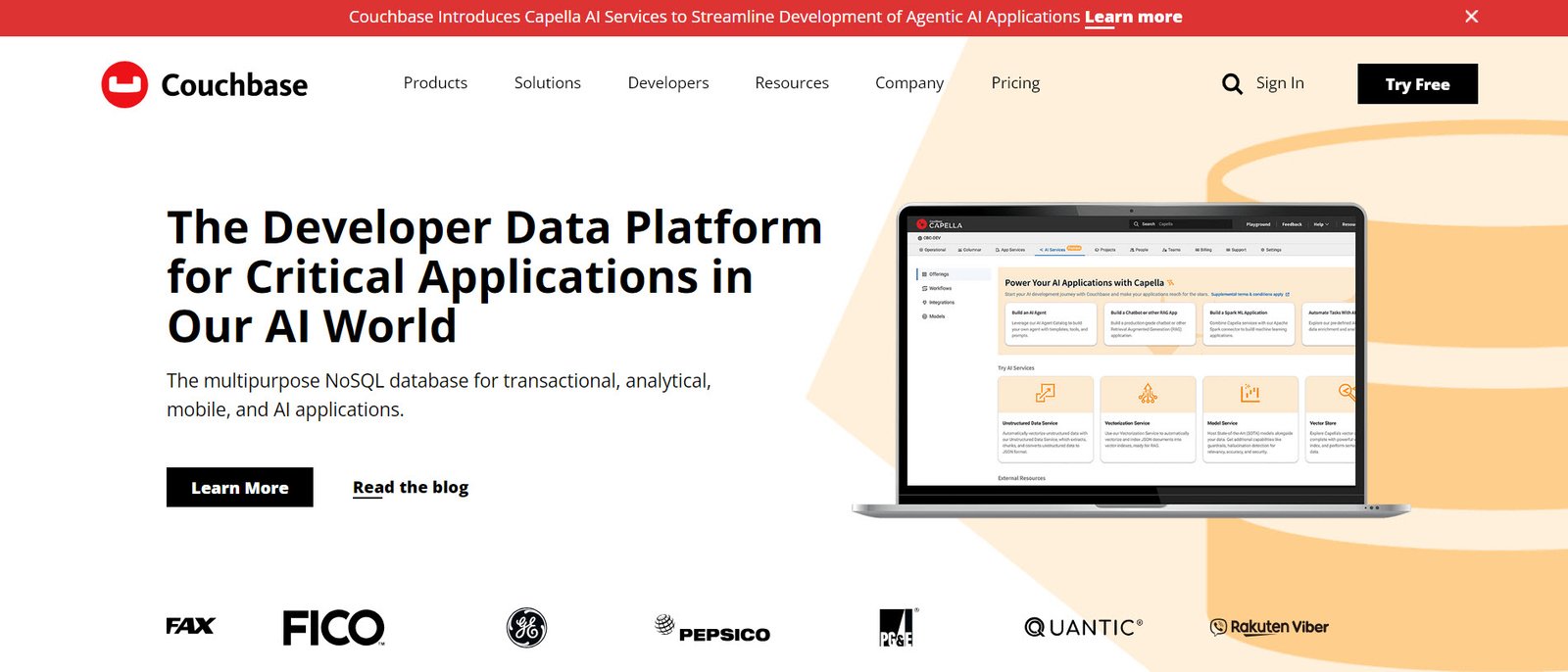
6. Elasticsearch
Elasticsearch is a distributed search and analytics engine built on Apache Lucene. While not a traditional database, it excels at storing and analyzing large volumes of data.
Its full-text search capabilities and real-time indexing make it a preferred choice for log and event data analysis, e-commerce search engines, and monitoring systems. Integration with Kibana provides users with powerful visualization tools to analyze and interpret data effectively.
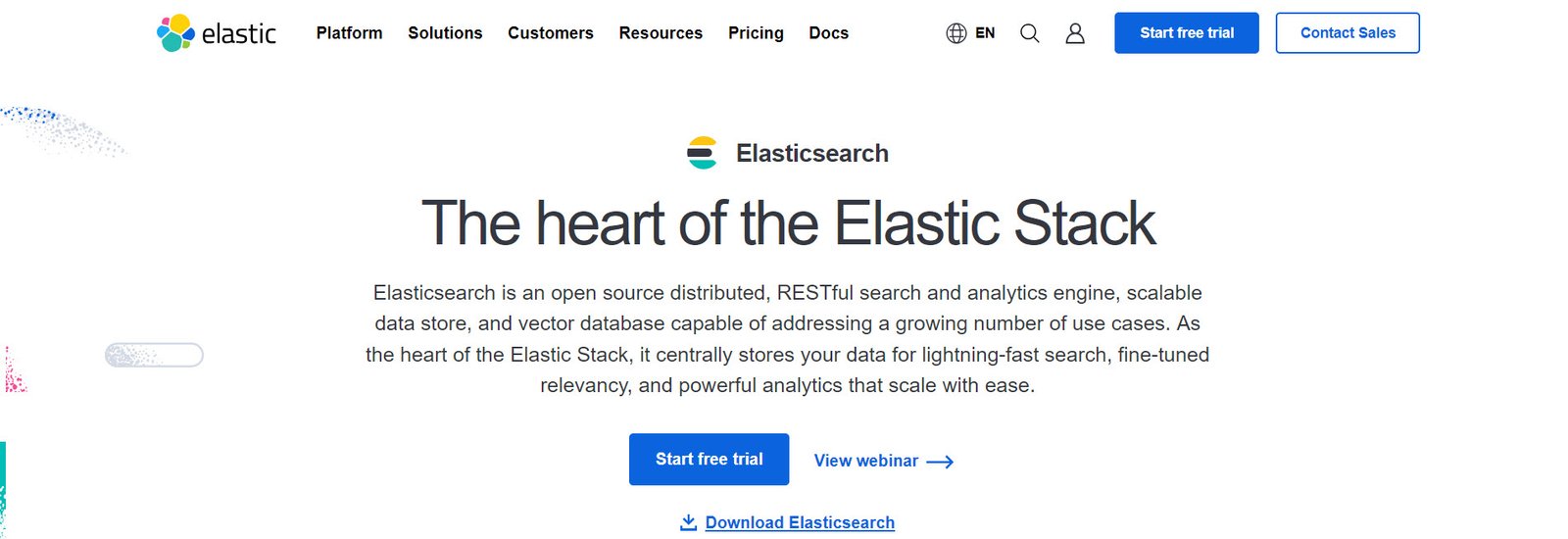
7. Neo4j
Neo4j is a graph database designed for storing and analyzing interconnected data. Using nodes, relationships, and properties, it provides a graph data model tailored for applications requiring complex relationships.
Its Cypher query language is optimized for graph traversals, making Neo4j suitable for social network analysis, fraud detection, and recommendation engines. With high performance and ACID compliance, it ensures reliability and data integrity.
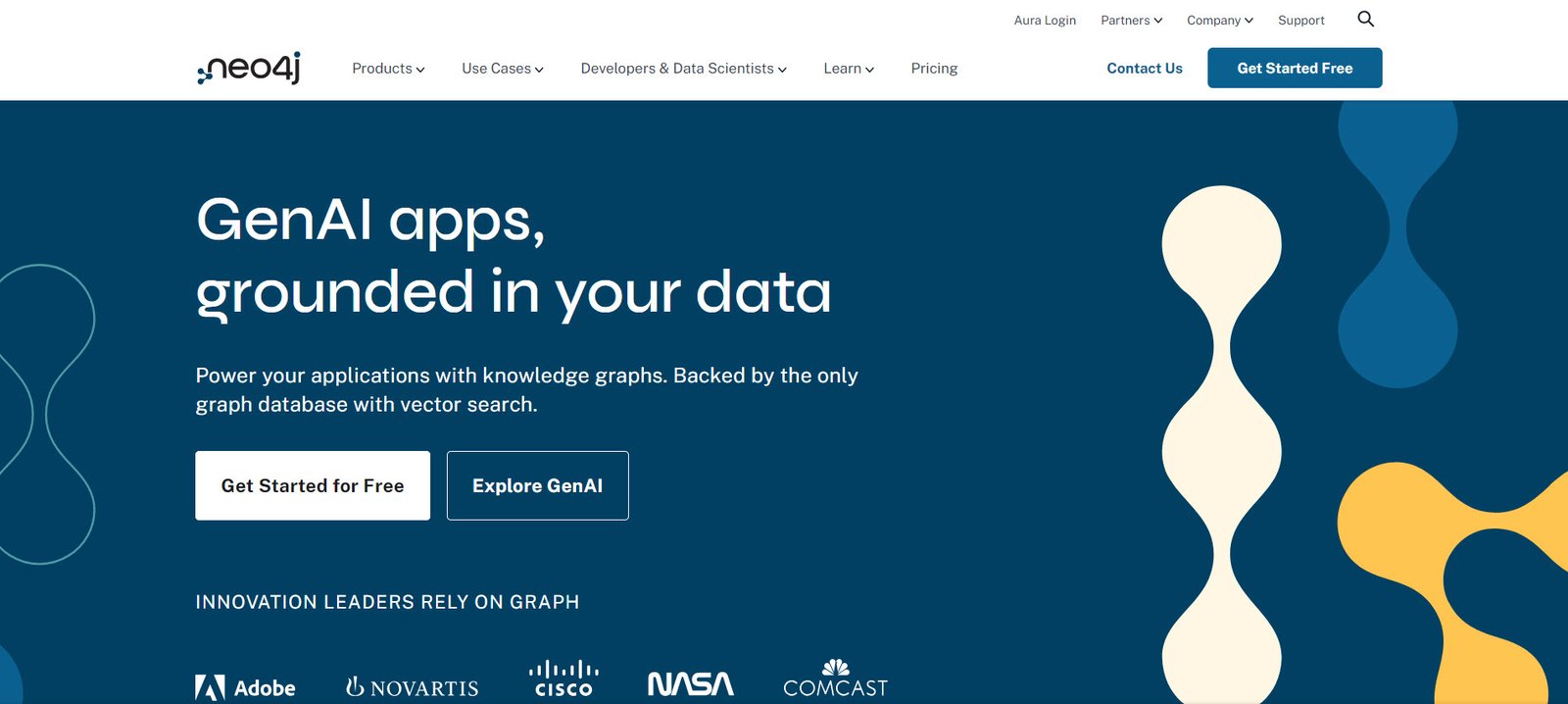
8. HBase
Apache HBase is a distributed, scalable big data store built on Hadoop. It supports random, real-time read/write access to massive datasets and integrates seamlessly with the Hadoop ecosystem for distributed processing.
Its column-oriented storage model is optimized for sparse data, while its scalability allows it to handle billions of rows and columns efficiently. HBase is often used for data warehousing, time-series analytics, and online archives.
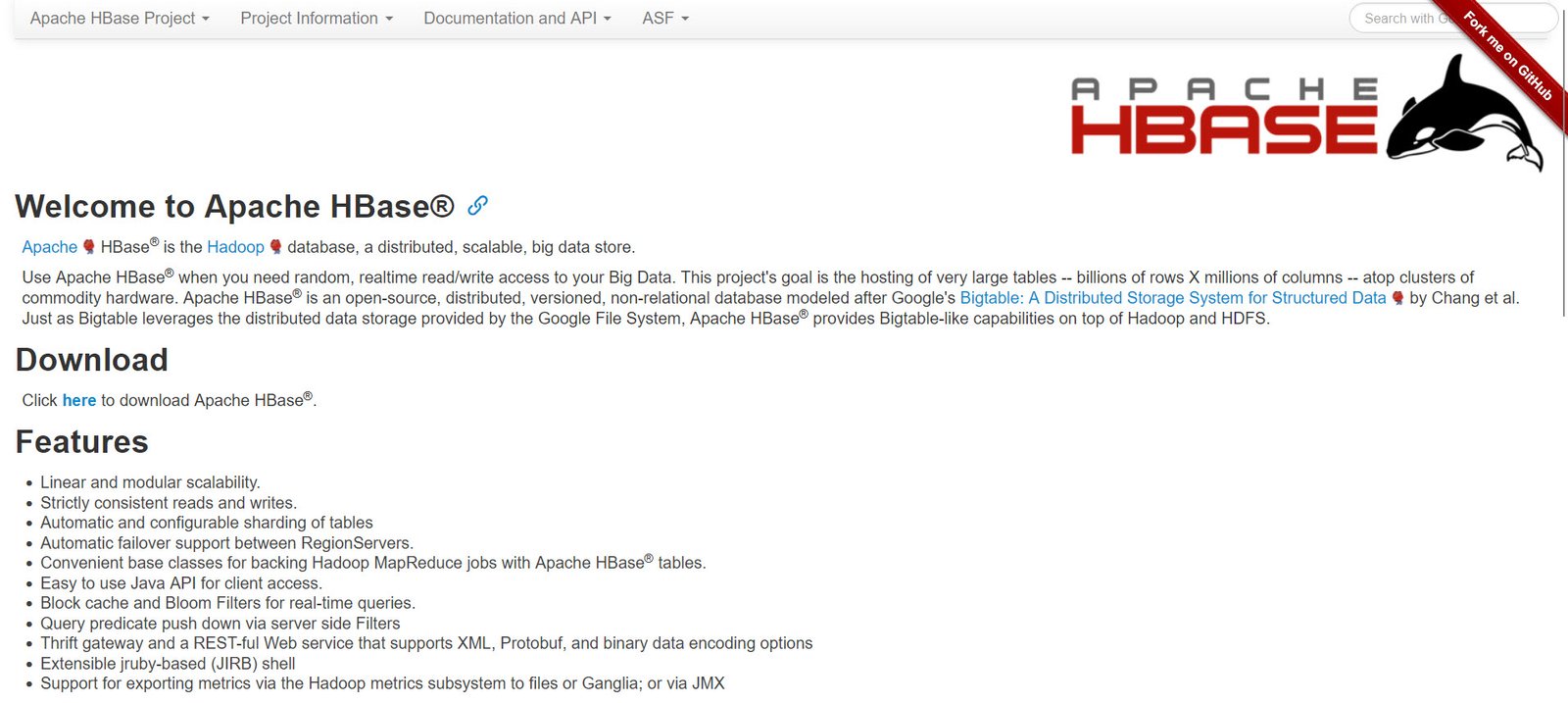
Choosing the Right NoSQL Database
Selecting the right NoSQL database depends on your specific requirements:
- Data Model: Consider whether you need a document, key-value, column-family, or graph-based database.
- Scalability Needs: Assess whether your application demands horizontal scalability.
- Performance: Evaluate read/write throughput and latency requirements.
- Use Case: Align the database’s strengths with your application’s needs.
Conclusion
NoSQL databases have become indispensable in handling the complexities of big data. From the schema-less flexibility of MongoDB to the high-speed performance of Redis and the powerful analytics of Elasticsearch, each database offers unique advantages.
By understanding your application’s requirements and matching them with the capabilities of these databases, you can build scalable, efficient, and reliable systems to harness the potential of big data.



